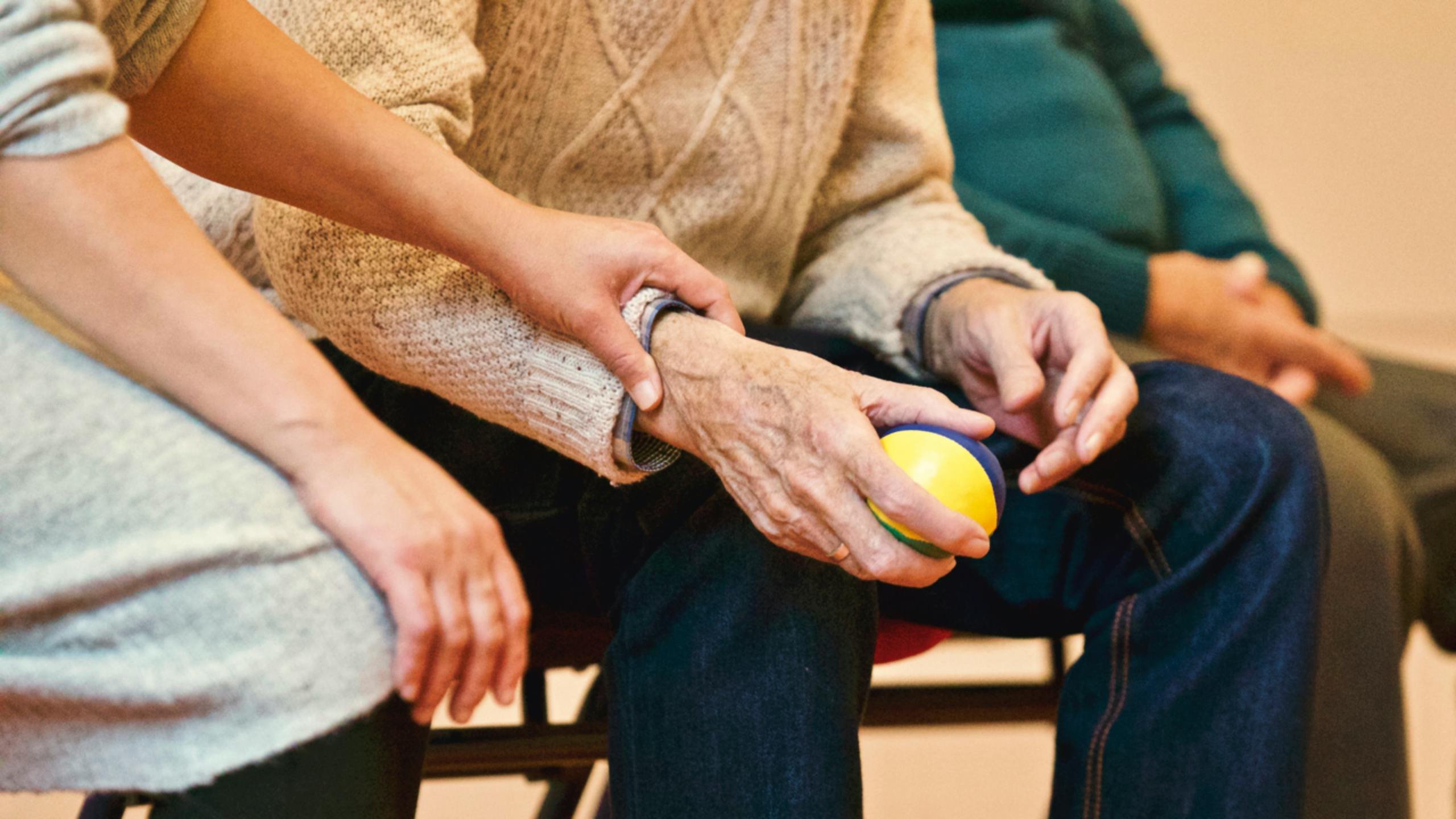
HEALTHCARE
Our attorneys provide legal guidance to individuals in Miami who are considering medical malpractice claims. We assist clients in evaluating potential claims, understanding their rights, and navigating the legal process in accordance with Florida law. Each case is different and must be evaluated on its own merits. Past results are not a guarantee of future outcomes.
Ensuring Your Healthcare Wishes Are Honored
A living will is a legal document that outlines your preferences for medical treatment in the event you are unable to communicate due to serious illness or incapacity. It allows you to express your wishes regarding life-sustaining measures such as mechanical ventilation, artificial nutrition, and palliative care.
At CLS Law Firm, we assist clients in preparing living wills that document their healthcare decisions. Our services aim to help you create documents that are recognized by healthcare providers and family members in accordance with Florida law.

Comprehensive Guidance and Communication
At CLS Law Firm, we assist clients with drafting living wills and encourage communication with family members and healthcare providers. Discussing healthcare preferences in advance may help reduce uncertainty and potential disputes during critical moments.
Education on Living Wills: We provide information about the importance of sharing living wills with those involved in medical decision-making.
Facilitating Family Discussions: We support clients in communicating their healthcare preferences to family and care providers.
Integrating Living Wills Into Advance Healthcare Directives
A living will is often part of a broader advance healthcare directive. CLS Law Firm assists clients in incorporating these documents to form a plan for future medical care.
Healthcare Surrogate Designation: We assist clients with legally appointing a healthcare surrogate authorized to make medical decisions if the client is unable to do so.
Coordinated Healthcare Planning: Our attorneys help develop advance directives that reflect medical preferences and designate a decision-maker in accordance with Florida law.
Clear, Legally Sound Living Wills
We assist in drafting living wills clearly and specifically, reflecting the client's personal values and healthcare goals.
Precise Drafting: We help ensure that instructions related to life-sustaining treatments and end-of-life care are clearly documented.
Values-Based Planning: We work with clients to develop living wills aligned with their personal beliefs and preferences regarding medical treatment.
Common Questions About Healthcare
What should be included in a living will?
Who should have a copy of my living will?
Can I change my living will?
How does a living will differ from a DNR order?
Is a living will enough to ensure my healthcare wishes are followed?
What happens if I don't have a living will?
How do I communicate my living will wishes to my family?
Having clear discussions with your family about your healthcare preferences and the reasons behind the decisions in your living will can help ensure your wishes are understood. These conversations may also reduce the possibility of misunderstandings or disagreements during challenging times.
Does a living will apply in all states?
Can a living will address organ donation?
What's the best way to ensure my living will is accessible when needed?
To help ensure your living will is accessible when needed, you may consider registering it with a state healthcare directive registry if available, carrying a notification card in your wallet indicating you have a living will, and informing your healthcare surrogate, family, and friends about where the document is stored. These actions can assist in making your healthcare wishes known during important moments.
Caring for Your Health, Schedule a Consultation
Healthcare decisions can involve complex legal considerations. At CLS Law Firm, we assist clients in understanding and navigating the legal aspects of healthcare planning, including advance directives, living wills, and healthcare surrogate designations. We provide guidance to help you make informed decisions about your medical care in accordance with Florida law.